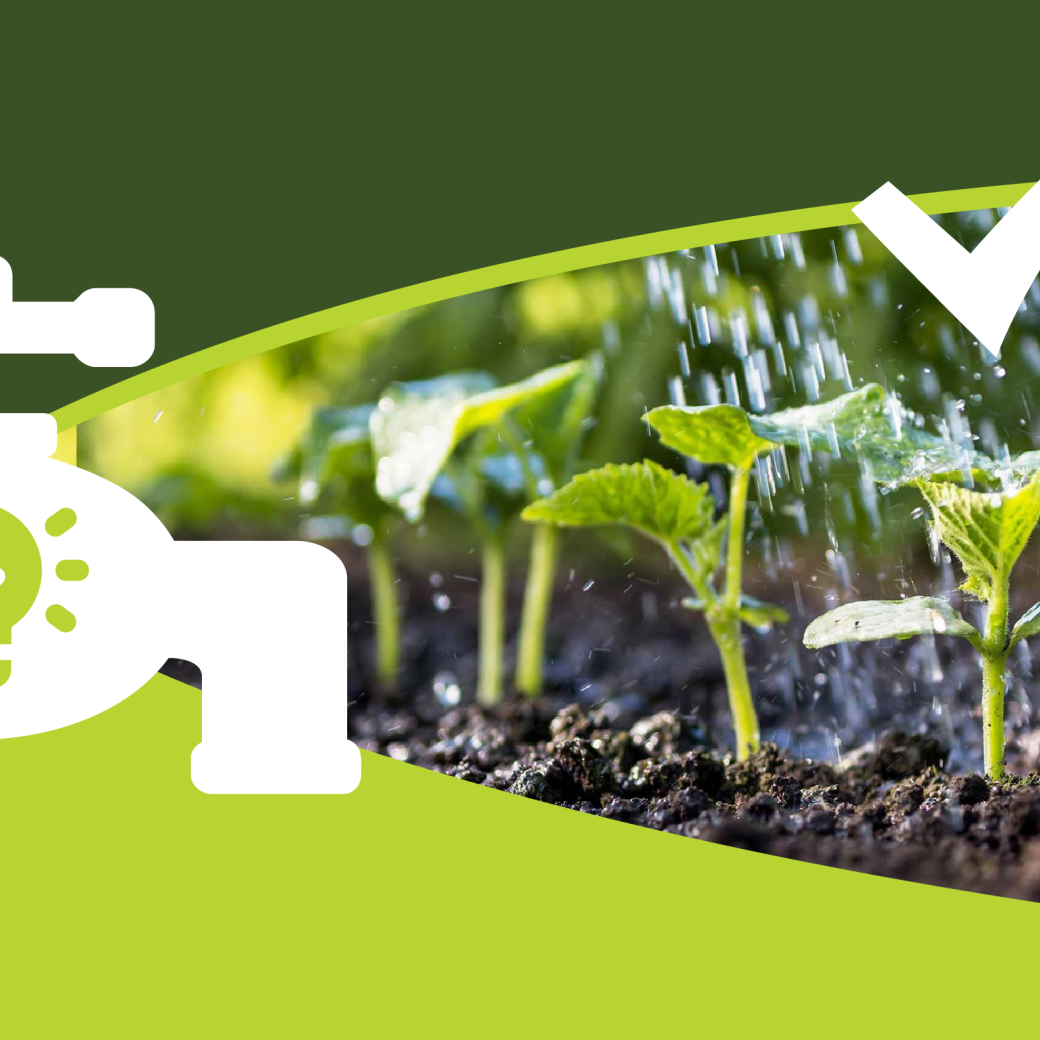SusCrop

Sustainable, efficient and high-quality vegetable cultivation as a driving force for the industry
General objectives
About 4% of Flemish agricultural land is used to cultivate vegetables for industrial processing. Vegetable cultivators usually work closely together with the processors, who can process the varying range and quantities immediately and in a suitable manner. These cultivators supply seasonal vegetables to our vegetable processing companies year-round. Fast growing catch crops (such as spinach) and storage vegetables (such as storage carrots) help to ensure a steady supply. The number of farms that include vegetables in their cultivation is steadily increasing. They meet the vegetable processing industry's increasing demand and make it possible for the sector to grow exponentially. So the future of vegetable processing is closely linked to that of regional vegetable cultivation.
However, vegetable cultivation is also facing various challenges: disease and droughts, risk of soil fatigue, impoverishment of the level of organic materials in the soil, weed pressure, etc., while the processing companies require a guaranteed supply, zero residue, organic vegetables, etc. Solutions from the past no longer provide guarantees and force cultivators and processors to look for alternatives: new crop protection agents and concepts, suitable irrigation techniques, new cultivation and storage techniques, etc. Innovations are being made but they entail risks: uncertainty about their effectiveness, incompatibility with specific vegetables, and financial feasibility.
This concept is about the interaction between vegetable processors and vegetable cultivators (also cultivator organisations). The focus is on research and development-based innovations that support cultivation while also ensuring vegetable supply. Financial feasibility is considered and sustainable solutions are worked towards in all of these areas.
Expected results
- Sustainable, long-term guaranteed regional vegetable cultivation and processing.
Other concepts whitin this roadmap

AgriVeggieLink
Strong together: links with ‘agri’ for process optimisation, innovations and circular economy.





